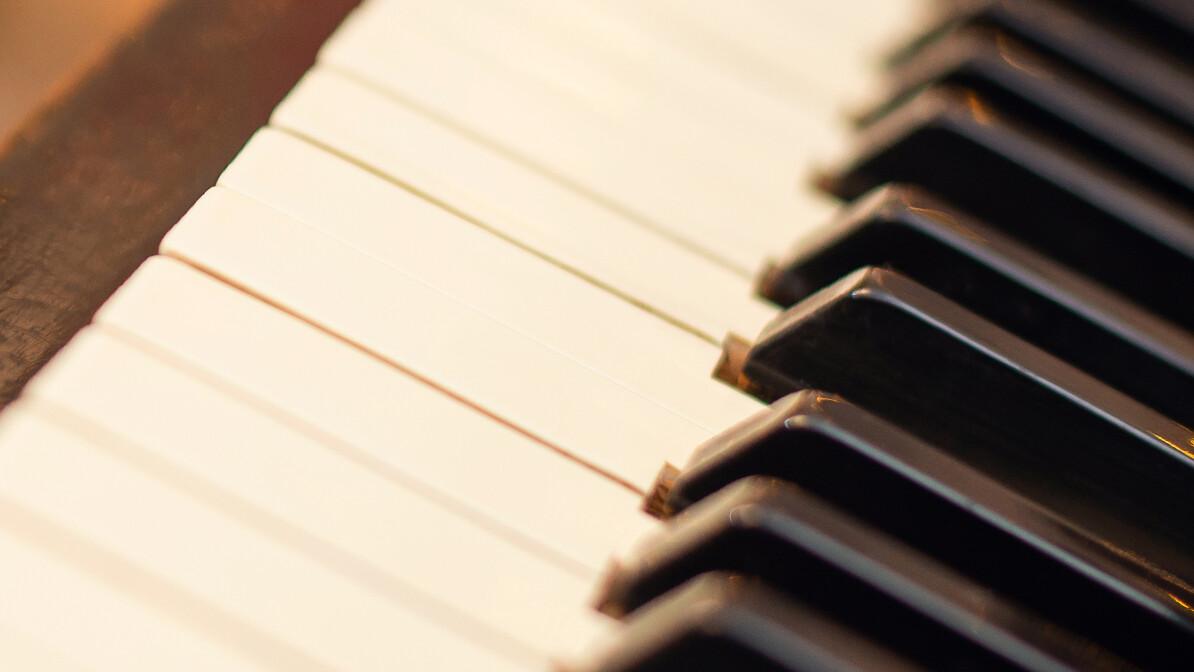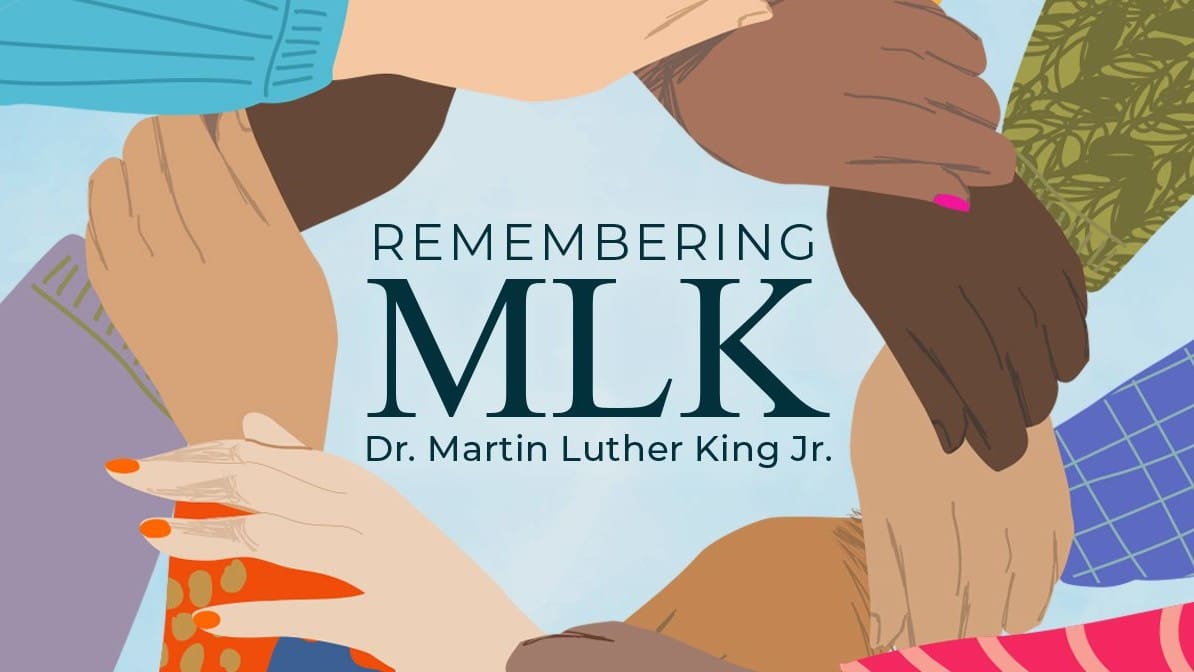
Famous Composers and Christmas Music
Many famous composers wrote classic Christmas music. In 1741, George Friedrich Handel wrote his oratorio Messiah. In 1734, Johann Sebastian Bach wrote his Christmas Oratorio.
Twenty years after composer Johann Sebastian Bach died, Ludwig van Beethoven was born in Bonn, Germany, and baptized on December 17, 1770. While Bach lived during the Baroque period, Beethoven lived in the Classical and the Romantic eras.
Beethoven was a pupil of the Austrian composer Joseph Hayden. Hayden performed on Christmas Day, December 25, 1781, during the reign of Austrian Emperor Joseph II — the “musical king” — at the occasion of the visit to Austria of Russian grand duke Paul I and grand duchess, Maria Feodorovna. In attendance at the performance was another Austrian composer, Wolfgang Amadeus Mozart, who had performed on Christmas Eve the night before.
Another contemporary was composer Felix Mendelssohn, grandson of the Jewish philosopher Moses Mendelssohn. Felix wrote the tune which was used for Charles Wesley’s “Hark! The Herald Angels Sing.”
Beethoven encouraged the young Hungarian pianist Franz Liszt, who wrote his Christmas Tree Suite in 1873-76.
Another contemporary was Austrian composer Franz Schubert, who wrote the tune to which “Ave Maria” was set.
Ludwig van Beethoven
Ludwig van Beethoven was first taught to play by his harsh father, who became an alcoholic. After his mother died, Beethoven took responsibility to support the family.
Whereas composers Bach and Handel both went blind later in life due to botched eye-cataract surgeries, young Beethoven began growing deaf at the age 26, initially having difficulty hearing higher frequencies.
In 1801, Beethoven was giving piano lessons to an upper-class Hungarian countess and they fell in love. He was not allowed to marry her, though, as he was just a commoner from a lower-social class. Beethoven later dedicated his “Moonlight” Sonata No. 14 to her.
In 1801, Beethoven wrote: “No friend have I. I must live by myself alone; but I know well that God is nearer to me than others in my art, so I will walk fearlessly with Him.”
In 1804, Beethoven planned to dedicate his Third Symphony to Napoleon, who championed the cause of the people against powerful monarchs. But when it became clear Napoleon had plans to usurp power and declare himself emperor, Beethoven scratched his name off the title page so violently a hole was made in the paper. On August 11, 1809, while Beethoven was living with his younger brother Carl and his wife in Vienna, Napoleon bombarded the city. The thunderous cannon explosions were so loud that Beethoven feared it would destroy what was left of his hearing, so he hid in his brother’s cellar and covered his ears with pillows.
Beethoven’s brother, Carl, contracted tuberculosis, and Beethoven spent a small fortune caring for him. When Carl died, Beethoven became part guardian of his son, Karl. Beethoven appealed to his other brother Johann to marry the woman he was co-habitating with.
In 1811, with his hearing fading, Beethoven failed at an attempt to perform his Piano Concerto No. 5. He never performed publicly again. He continued writing and produced some of the world’s most beautiful symphonies, concertos and sonatas.
In 1812, Beethoven met with German author Johann Wolfgang von Goethe. Beethoven finished his famous Ninth Symphony being completely deaf. At the conclusion of the Ninth Symphony’s first public performance, Beethoven turned around to see the audience applauding tumultuously, but he could hear nothing, and wept.
Beethoven’s Ninth Symphony included a 4th movement which was a choral setting of Friedrich Schiller’s “Ode to Joy,” a poem first published in 1786 and made the Anthem of Europe in 1972.
Beethoven fell ill, and died during a storm on March 26, 1827. At the moment of his death there was an immense peal of thunder. He was 56 years old.
Ludwig van Beethoven was an inspiration to composer Robert Schumann. Robert Schumann composed an “Album for the Young” for Advent and Christmas 1848.
Johannes Brahms
Johannes Brahms had a marble bust of Beethoven in his home overlooking the spot where he composed. Brahms wrote the most recognizable Lullaby, 1868, which included in the original German words a Christmas reference:
“Guten Abend, gute Nacht (Good evening, good night.)
von Englein bewacht (By angels watched,)
die zeigen im Traum (Who show you in your dream)
dir Christkindleins Baum (the Christ-child’s tree.)
Schlaf nun selig und süß (Sleep now blissfully and sweetly,)
schau im Traum ‘s Paradies” (see the paradise in your dream.)
On Christmas morning, 1870, composer Richard Wagner arranged for an ensemble to give surprise performance of “Siegfried Idyll” as a birthday present to his wife, Cosima, after the birth of their son Siegfried.
That same year, 1870, Richard Wagner wrote an essay commemorating the one hundredth anniversary of Beethoven’s birth: “Surveying the historical advance which the art of music made through Beethoven, we may define it as … far beyond the region of the aesthetically beautiful, into the sphere of the sublime.”
President Jimmy Carter noted while visiting Bonn, July 14, 1978:
“As the world’s people speak and work and live together, we all could well remember the poem of Friedrich Schiller, immortally put to music by the great Beethoven, a son of Bonn, the ‘Ode to Joy’:
‘Alle Menschen werden Bruder Wo dein sanfter Flitg el weilt.'”
(‘All mankind shall be brothers where thy gentle wings abide.’)
Ode to Joy
Not only was Friedrich Shillers’s “Ode to Joy” set to Beethoven’s Ninth, but so was “Joyful, Joyful We Adore Thee,” a hymn written in 1907 by Princeton professor Henry Van Dyke:
Joyful, joyful, we adore Thee,
God of glory, Lord of love;
Hearts unfold like flowers before Thee,
opening to the sun above.
Melt the clouds of sin and sadness;
drive the dark of doubt away;
Giver of immortal gladness,
fill us with the light of day!..
Thou art giving and forgiving,
ever blessing, ever blessed,
Wellspring of the joy of living,
ocean depth of happy rest!
Thou our Father, Christ our Brother,
all who live in love are Thine;
Teach us how to love each other,
lift us to the joy divine.”
O Holy Night
Sixteen years after Beethoven’s death, in 1843, another famous Christmas carol was composed. A parish priest in Roquemaure, France, wanting to celebrate the renovation of the church organ, asked poet Placide Cappeau to write a Christmas poem, “O Holy Night.” Set to music by Adolphe Adam, “O Holy Night” became one of the most beautiful Christmas carols of all time.
John Sullivan Dwight published an English singing version in 1855.
“O holy night! The stars are brightly shining,
It is the night of our dear Saviour’s birth.
Long lay the world in sin and error pining,
‘Til He appear’d and the soul felt its worth.
A thrill of hope the weary world rejoices,
For yonder breaks a new and glorious morn.
Fall on your knees! O hear the angels’ voices!
O night divine, O night when Christ was born;
O night divine, O night, O night Divine.”
The Russian composer Peter Ilich Tchaikovsky was inspired by Mozart and Beethoven, writing in his autobiography: “I would play through my beloved Don Giovanni (by Mozart) over and over again … From time to time, though, I would set about studying a Beethoven symphony.
How strange! … I was filled with a burning desire to write a symphony — a desire which would erupt afresh each time that I came into contact with Beethoven’s music. However, I would then feel all too keenly my ignorance, my complete inability to deal with the technique of composition, and this feeling brought me close to despair.”
Tchaikovsky wrote the timeless Christmas classic Nutcracker Suite, which was performed for the first time in Saint Petersburg in December of 1892.
At the end of 1843, another timeless addition to the holidays occurred when Charles Dickens published “A Christmas Carol.” It sold 6,000 copies in London the first day off the press. In its opening chapters, Scrooge chased away Christmas carolers:
“… at the first sound of — ‘God bless you, merry gentlemen! May nothing you dismay!’ — Scrooge seized the ruler with such energy of action, that the singer fled in terror, leaving the keyhole to the fog and even more congenial frost.”
Charles Dickens wrote of Scrooge after his transformation: “… and it was always said of him, that he knew how to keep Christmas well, if any man alive possessed the knowledge. May that be truly said of us, and all of us!
And so, as Tiny Tim observed, ‘God bless Us, Every One!'”
Supreme Court Justice Robert Jackson wrote in McCollum v. Board of Education, 1948: “It would not seem practical to teach … the arts if we are to forbid exposure of youth to any religious influences. Music without sacred music … would be … incomplete, even from a secular point of view.”
Trending Now
Sign up today for your Inspiration Today Daily Newsletter
Supercharge your faith and ignite your spirit. Find hope in God’s word. Receive your Inspiration Today newsletter now!
William Federer
William Federer is a nationally known speaker, best-selling author, and president of Amerisearch, Inc., a publishing company dedicated to researching America's noble heritage. Bill's American Minute radio feature and his Faith in History television broadcast can be viewed daily across America and on the Internet. Learn more at amerisearch.net
Related Articles
January 19, 2026
Martin Luther King Jr. Day: A Biblical Call to Live God’s Grace, Love, and Mercy
On August 28, 1963, Dr. Martin Luther King, Jr. stood on the steps of the Lincoln Memorial and…
January 10, 2026
Beginning the New Year with a New Perspective
Happy New Year, friends! It’s the beginning of a new year, and more often than not, that prompts…
January 7, 2026
Renewing Your Mind for the New Year
What Are You Asking God to Do in Your Life This Year? As you step into this new year, what are you…
January 3, 2026
Four Steps to Setting Goals in the New Year
As you step into a brand-new year, you may feel the desire to reset, refocus, or simply get back to…
Next Steps To Strengthen Your Walk
Inspiration Today Newsletter
Supercharge your faith and ignite your spirit. Find hope in God’s word. Receive your Inspiration Today newsletter now!
Christian Articles
Find articles to strengthen your walk and grow your faith. We have a wide range of topics and authors for you.
Submit A Prayer Request
We are here for you. Simply click on the button below to reach us by form, email or phone. Together we will lift our hearts and voices with you in prayer.





